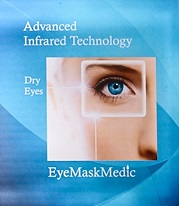Frequently Asked Questions
- Back pain
- Neck & shoulder pain
- Tendinitis
- Chronic pain
- Sport injuries
- Postural pain/tension
- Wrist/hand problems
- Tension headaches
- Motor vehicle crash injuries
- Plantar fasciitis/foot problems
- Low back pain
- Knee/ankle problems
- TMJ/jaw problems
- Fibromyalgia
There is limited partial coverage for patients on a limited income. Have your Care Card ready when you call to see if this coverage applies to you. Most extended benefit plans also cover chiropractic and massage therapy. Check with your provider to see what your individual benefit plan includes.
A trigger point is a taut band of muscle and fascial tissue. Trigger points are often palpable and painful. The pain from trigger points can sometimes be referred to other parts of the body. Trigger point often cause pain and limited motion of associated joints and can be a source of ongoing pain.
A trigger point injection is one of many methods used to treat trigger points. A trigger point injection involves inserting a hypodermic needle into the trigger point. A small amount of local anesthetic is injected. The goal of a trigger point injection is to “deactivate” trigger points and restore normal muscle and joint function. This procedure is carried out by a licensed medical doctor. Prior to receiving trigger points the doctor well reviewed your medical history and health to assess if trigger point injections are suitable for you. Common conditions that would make the patient unsuitable potentially for receiving trigger point injections include: Active infection, pregnancy, certain medications called blood thinners or anticoagulants, needle phobia, to name some. Your doctor will assess your health history and current health status prior to treatment.
